With active management seemingly in a downward spiral, advisors have to question the sustainability of their mutual funds over the next decade.
At the Morningstar Investment Conference last week in Chicago, Laura Lutton, the firm's practice leader of manager research, and Greggory Warren, financial services sector strategist, shared the firm's views on nine fund complexes whose active strategies are likely to survive the next 10 years.
“We’re only highlighting nine firms here, but there are plenty of others out there with positive attributes,” said Lutton. “As we think about the industry overall, we think active managers need to improve their performance and they need to change the perception that active management means underperformance.”
It’s no secret that active’s decline is passive management’s gain. In 2016, passive funds grew 4.5 times faster than their active counterparts, according to Morningstar. In March of this year, $31.1 billion flowed into passive equity strategies, while investors pulled $18.6 billion out of active management equity.
Active managers must be able to stand out from the crowd to survive, according to Mroningstar. Luckily, there are limitless ways firms can differentiate themselves, including the use of greater scale, focused expertise and broad diversification, according to the research firm.
Cost is another ingredient to an asset manager’s success, said Lutton. Though the lowest cost product is not always the best or most successful option available to investors, Morningstar’s research has found a strong correlation between low expense ratios and strong performance.
“If you’re in the marketplace with higher cost funds, we think the pressure to cut costs is only going to increase from here,” said Lutton. “The Department of Labor fiduciary rule is going to be one of those forces that is going to force low costs moving forward, but we believe the market was heading there anyway.”
Active or passive, managers will need to offer investment products with repeatable investment processes offering predictable return patterns. As investors continue to shift away from products and towards portfolios, funds acting as portfolio components should not only display strong performance, but reliable results. Processes also mitigate key-person risk, according to Morningstar.
Good asset managers built to last tend to use adaptable business models that allow them to expand into areas of growth, change leadership or alter their investment processes as market and economic contexts change.
Warren and Lutton said that advisors can be comfortable that most of the funds offered by the following nine providers will still exist a decade from now.
Vanguard
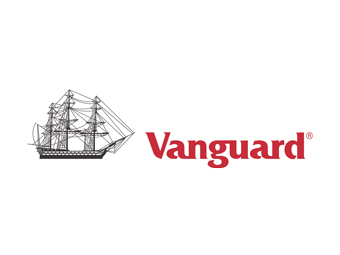
Morningstar considers Vanguard among the best-positioned industry leaders. Due to its scale and mutual ownership, it is able to offer investments at cost.
“The business model is going to be a huge advantage for Vanguard moving forward, and we think it will be incredibly difficult for the competition to catch them on cost,” said Warren.
Morningstar does warn that Vanguard could experience outflows due to its size--the firm has $3.4 trillion in assets--and it’s dependence on index investing.
DFA

Dimensional Fund Advisors’ smart beta strategies, available in relatively low-cost products, are not only driving the firm’s current growth, but also boosting DFA’s long-term sustainability. Dimensional’s status as an early-comer to the growing universe of smart beta strategies make it more likely to survive the competition.
BlackRock
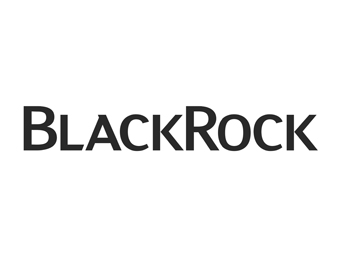
The world’s largest asset manager is so diversified between passive and active, new-fangled iShares ETFs and traditional mutual funds, across multiple asset classes and at scale, that it probably has staying power based on products alone. Though it points out that BlackRock’s recent move to re-engineer its active equity lineup signals vulnerabilities beneath the surface, Morningstar emphasizes BlackRock’s risk management technology as key to its future.
American Funds

While many active managers are crumbing under pressure caused by a prolonged bull market and a general shift towards lower cost passive products, Morningstar believes several active managers are built for the long haul, among them American Funds.
“Even though this was a firm that many of you subtracted from client portfolios over the past two years, we think this firm has staying power in part because of the way they run money,” said Lutton. “They use a multimanager approach on their funds … and that helps avoid succession risk.”
Morningstar emphasizes American Funds' low expenses, which is unusual for highly rated, actively managed products.
T. Rowe Price
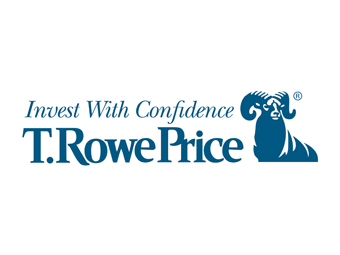
Warren argued that T. Rowe Price may be the best of the best active asset managers because of its consistent and repeatable processes and its focus on maintaining consistent management across all of its products. As with most of the asset managers named by Morningstar, Warrant also gave nod to T. Rowe Price for being cost conscious.
“When I look at my list of companies, we have BlackRock as the way to play passive, T. Rowe as the way to play active,” said Warren. “Relative to the rest of the companies--to the entire universe--they are much better positioned in their field.”
Dodge & Cox
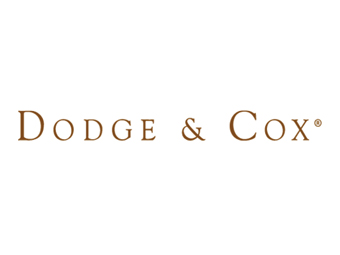
Not all of the asset managers recognized by Morningstar could boast the gargantuan scale of the BlackRocks and Vanguards of the world. With just six funds, Dodge & Cox fit the mold in offering low-cost products that use consistent and easily understood investment processes.
Primecap Odyssey

Though it subadvises two funds for Vanguard and offers just three funds on its own, Primecap Odyssey is worthy of mention on Morningstar’s list because its funds offer strong performance at a low expense ratio.
“It’s been an active manager that has outperformed and is growing in spite of the fact that the firm doesn’t really seek the spotlight,” said Lutton.
Parnassus
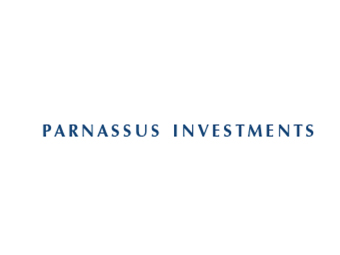
While active management may have fallen out of favor with many younger, cost-conscious investors, Parnassus’s focus on ESG investing appeals to the same contingent. Morningstar expects investor demand for ESG to continue to grow over the next decade.
Schwab
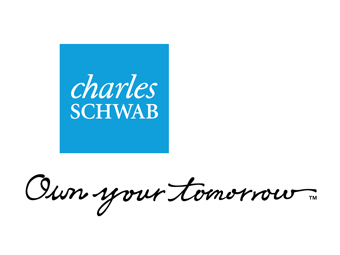
Morningstar emphasizes Schwab’s expanding lineup of low-cost passive mutual funds and ETFs as key to its long-term survival and a sign of the firm’s adaptability.
“They’ve got a pretty meaningful asset management business,” said Warren. “They went from next to nothing just a decade ago and now they’re the fifth-largest provider of ETFs in the U.S.”